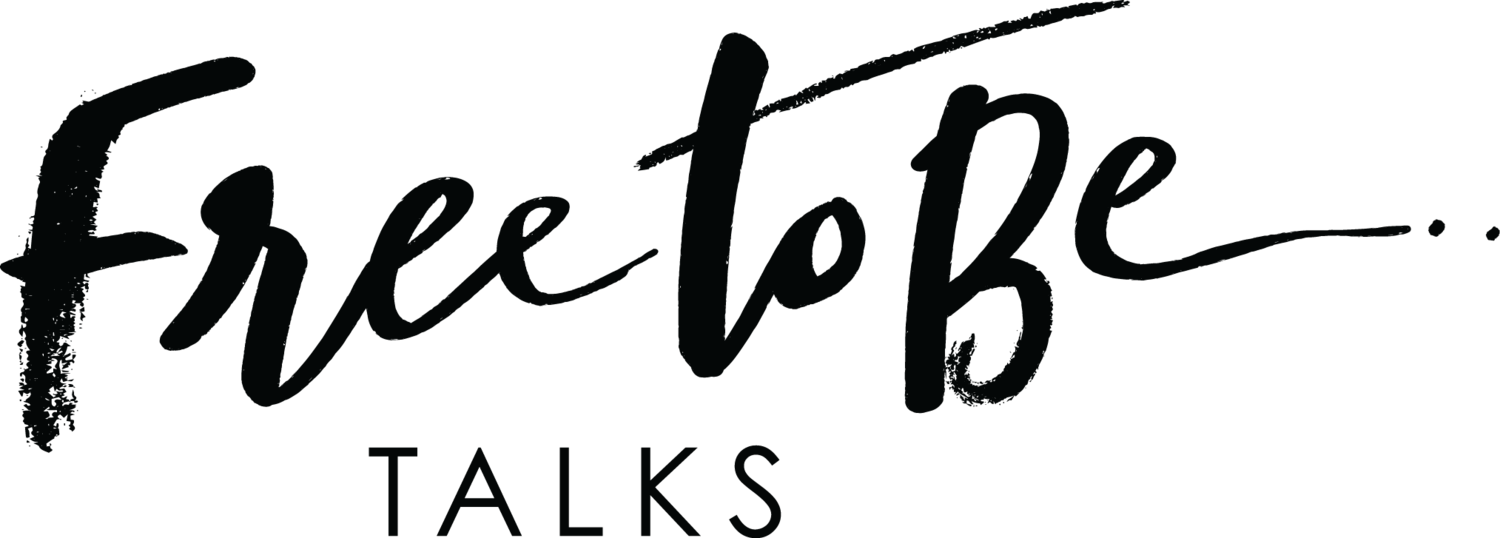Why should someone be worried about losing his or her hair when fighting cancer? Leyah Shanks certainly believes no one should feel less attractive bald, and as a woman who leads by example, she has undergone the razor.
The 22 year-old Scottish native, blogger, and founder of The Body Confidence Revolution is an advocate for positive body image. Her experiences of being bullied from a young age made her acutely aware of the unattainable standards and intense pressures herself and other girls place on themselves. It is those experiences that have forged her into the confident woman she is today. Fortunately, instead of succumbing to the pressure and feeling the need to change her body, she channeled her energy into learning the ins and outs of the media industry to learn about body image prejudice. Over the years she has earned faithful followers who help her promote positive body image on her crowd sourced Tumblr.
Now, after a family cancer scare in 2014, she has turned her attention to cancer and hair. Earlier this year, Shanks promised she would shave her head if she could raise £500 for Cancer Research UK (approximately $932 Canadian). In an interview with More to Her she said,
“Fortunately for us, our incident was nothing more than a scare. After what felt like decades of sheer hell, we were given the all clear and the feeling of abyss faded away. Other people are not so lucky. I couldn’t help but think of everyone who has ever been in the awful position of being diagnosed with cancer and feeling compelled to take back control of their own body [to] shave their head before the chemotherapy made their hair fall out.”
Well true to her word, she raised the money and underwent the razor. Aside from feeling accomplished for raising money to help defeat a terrible disease we wondered how it felt being bald and expected nothing less from her answer:
“It was the most liberating thing I have ever experienced. I felt extremely humbled by the amount of money I had helped to raise for such a worthy cause and empowered to be hopefully showing people that being a woman doesn’t mean conforming to ideals of beauty that none of us asked for.”
Clearly, Shanks is a strong woman. We then wondered how she defined an empowered woman?
“A woman who is unapologetically herself, who understands that individuality is [not] bad thing and appreciates the same in other women. Someone who doesn't bring others down but seeks to inspire others even if they differ greatly from herself."
And her advice to her former 12 year old self in developing a positive body image?
“Don't look to magazines or music videos for solace. Your body is not something to be ashamed of but something to celebrated. Understand that life is a journey and that your body will change many times throughout the ride.”
Well Leyah Shanks, you have won us over and love the powerful example you are setting for others. You are a woman of your word and a force to be reckoned with.












